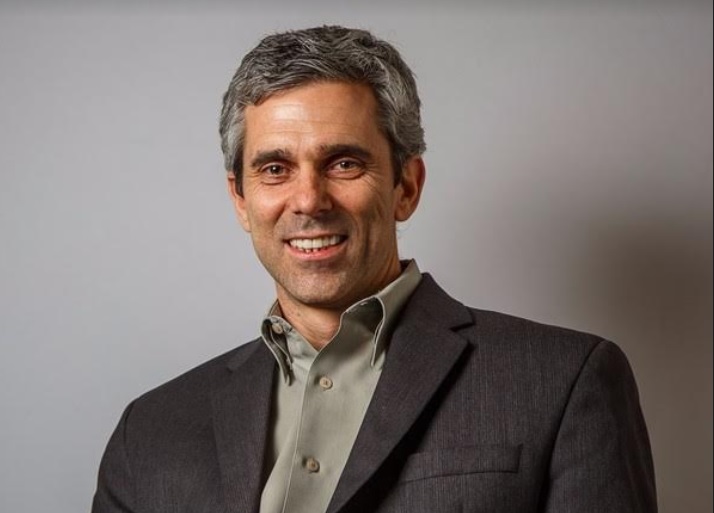Exclusive: Forget expensive climate plans, low-cost solution to net zero is methane abatement, says Qnergy CEO

It’s six months on from COP26 and the world is a very different place, but as the war in Ukraine continues and the cost of living crisis bites closer to home, the promises made in Glasgow still stand.
Net zero is the big goal, but CEO of energy firm Qnergy, Ory Zik, told City A.M. today he firmly believes companies are wasting valuable time working on expensive plans when there’s a low-cost solution right under their noses: methane abatement.
“Oil and gas majors have pledged to become net zero by 2030 and I think it’s a great commitment – and a very ambitious one,” said Zik. “But most of the projects that we’ve seen being discussed are unlikely to actually happen on time.”
“Carbon capture and sequestration and hydrogen economy have huge, costly hurdles to overcome before companies can implement them.”
Ory Zik
“On the other hand, you have low-hanging fruits that can be implemented tomorrow morning to reduce methane emissions, but many companies are still not deploying these solutions.”
He pointed out that some of the major oil companies such as TotalEnergies have been working with us, but others are on a ‘wait and see’ pattern, even if it’s to implement projects that sometimes cost as little as one dollar per tonne of CO2-e abatement.”
200-year old technology
Zik said that his firm uses Stirling engines, based on 200-year-old technology, to reduce methane emissions in natural gas operations.
In fact, the company’s design was recognised by NASA as the “most reliable heat engine technology” in history as it’s reliable enough to operate in harsh weather conditions: it can even withstand a hurricane.
Qnergy’s latest move sees them testing biogas systems that turn biomethane into heat and working with companies such as Danone, Nestlé and Lactalis to help them reduce emissions across their supply chains.
And with the climate crisis looming large, Zik believes companies don’t have years and years to develop new technologies – and there needs to be clear alignment about the best route to sustainability.
“The climate crisis is happening now – we can’t afford to ‘wait and see’ any longer. There could be different avenues that people are pursuing, some of which are very high risk and very long term,” he stressed.
“For example, if you talk to people who are actively playing in the carbon sequestration and hydrogen marketplace, they all understand that implementation is likely to be 20 to 30 years away. Whereas there are a lot of things that we can do today,” says Zik.”
Energy price hikes
The other problem affecting UK consumers is, of course, the energy price hike. Zik believes it pays to move towards green tech – and incremental change is just as valuable as big bucks initiatives.
“There are many reasons why gas prices spike, but if you want to contain energy prices while reducing emissions, you need to find the solutions that are at the lowest abatement cost, namely per tonne of CO2 equivalent,” he said.
“The accepted wisdom says big problems require big solutions, big plans and big dollars, which colours the way people think about this.”
Ory Zik
“Those of us who are on the more agile side of things are saying: ‘Let’s go, let’s take the low hanging fruit, let’s attack the problem at its source where energy is actually created’ and others are saying things like: ‘We need these great big factories, we need massive carbon sequestration under the seabed floors.’,” he said.
“But those things take decades to play out. We don’t have the time. The energy crisis is hitting now, with rising prices and uncertainty with the situation in Russia. And the time to act is now,” Zik concluded.